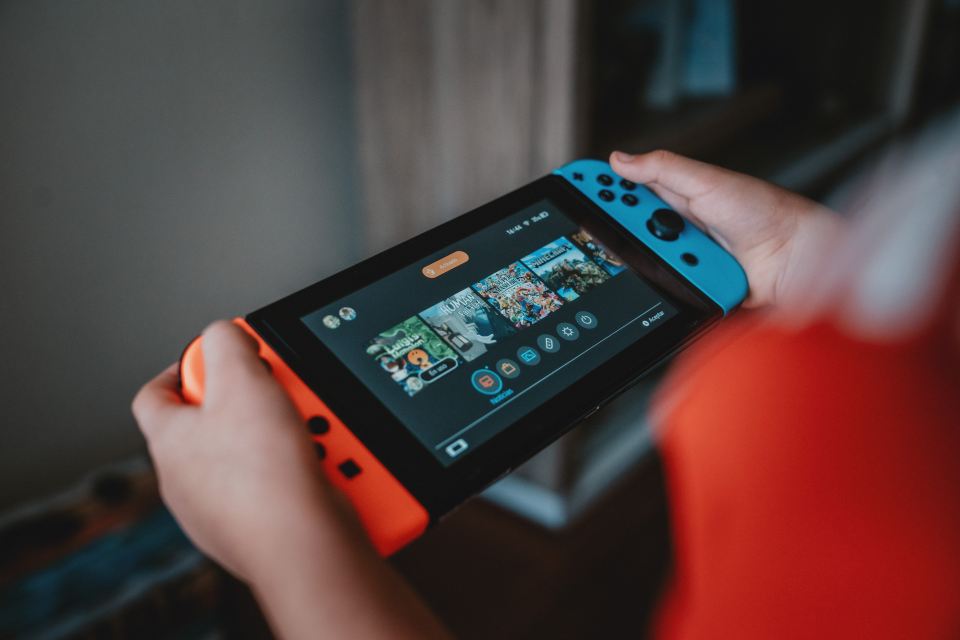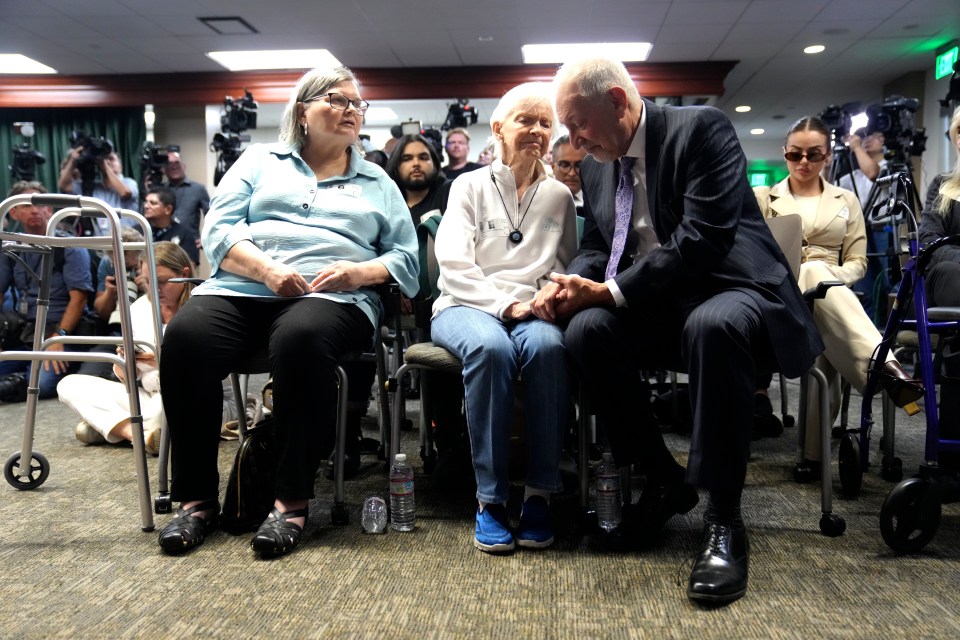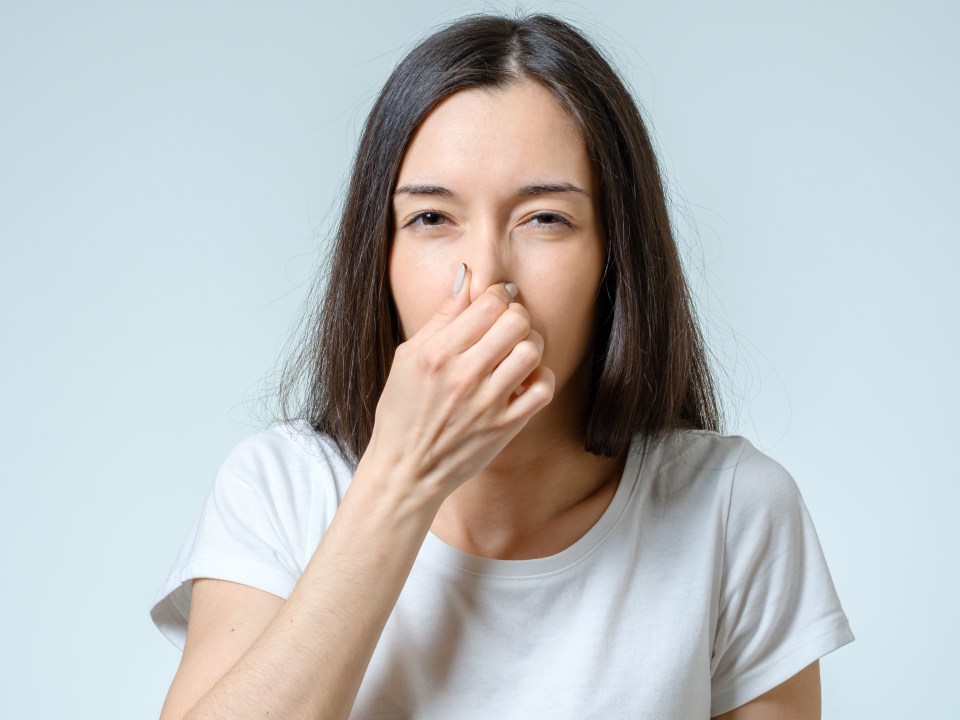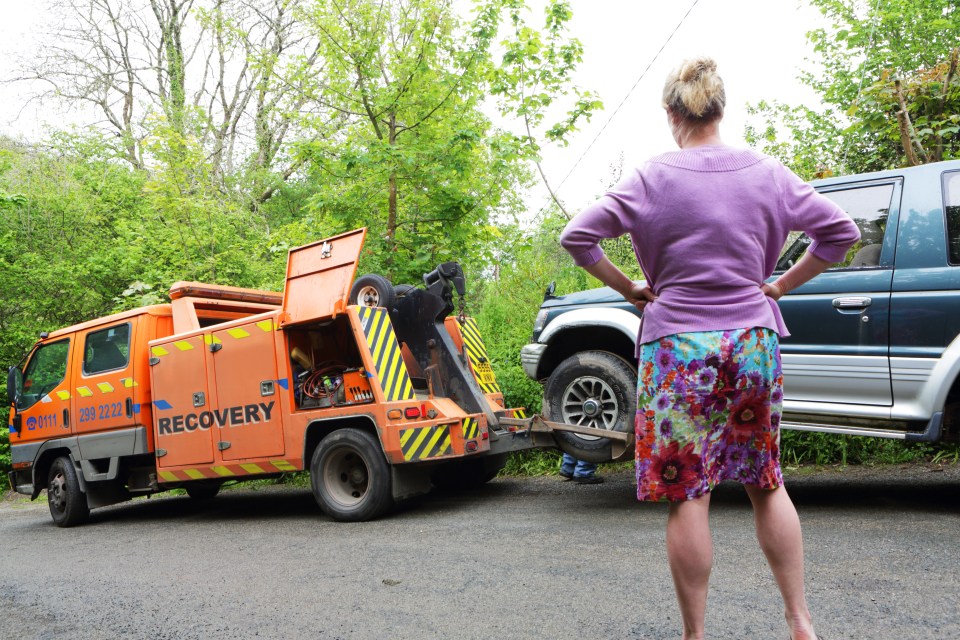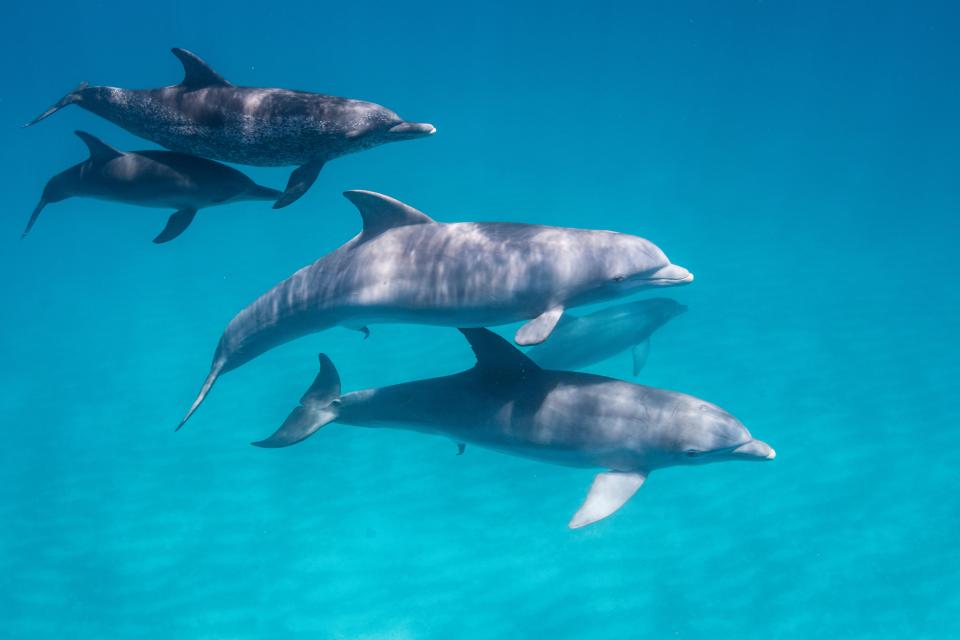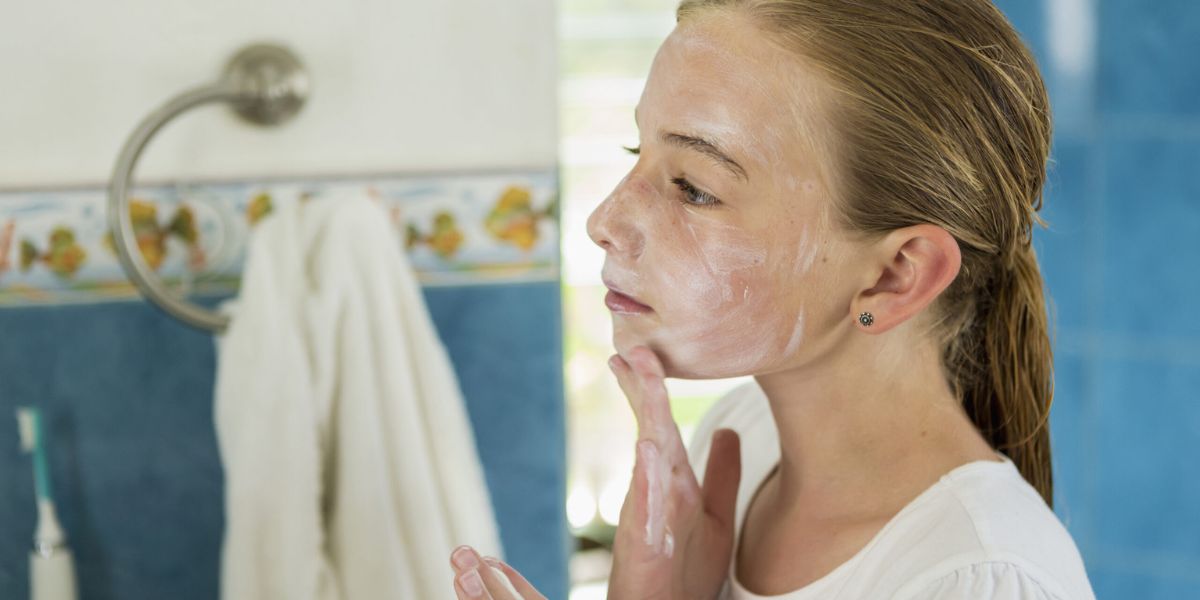Ban on ‘Sephora Kids’ – California Bill Proposes Restrictions On Skincare For Children Under 13
DEBARYLIFE – California lawmakers are debating a plan that would outlaw the sale of specific anti-aging skincare products to children under the age of thirteen.
The Environmental Safety and Toxic Materials Committee approved California bill AB 2491 on April 23. Assemblymember Alex Lee, a Democrat from a district outside of San Jose, proposed the bill. On Thursday, there will be an appropriations hearing for the bill.
“Anti-aging products are unnecessary for kids, and AB 2491 will shield kids and preteens from the risks of using products that could cause them to develop short- or long-term skin conditions that they wouldn’t otherwise have,” Lee stated in a news release.
The parent business of Sephora, Ulta, and over 600 other cosmetic and personal care product companies is represented by the trade association Personal Care Products Council, which said that enforcing the bill would be “largely impossible”.
“This bill threatens to overregulate products that are safe and essential for healthy skin care,” the Personal Care Products Council stated in a statement. It also mentioned that member companies are attempting to teach tweens and preteens about using age-appropriate products.
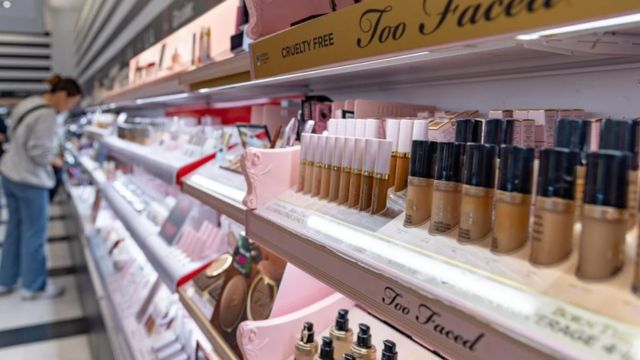
“By proposing sales restrictions for a wide range of cosmetics and personal care products, including essentials like sunscreens, moisturizers, and cleansers,” the council said.
SEE MORE – Alert! Understanding Bird Flu: Impact on Poultry, Dairy Cows Versus Human Health
Kids’ skin care: In what some refer to as an “epidemic,” young girls are swarming Sephora. Thus, we spoke with their mothers.
A 10-year-old at a California bill hearing discusses her tale of skincare reactions.
Alpha hydroxy acids such as glycolic acid, ascorbic acid, or citric acid, or Vitamin A derivatives like retinol found in over-the-counter cosmetics marketed as anti-aging would be covered by the bill.
A 10-year-old girl who used skincare products that caused her to experience an adverse response accompanied Lee at the bill’s hearing on April 23.
“I mostly looked for sheet masks, cremes, and mists and other products with words like ‘glow,’ ‘hydrating,’ ‘brightening’ and ‘anti-wrinkling,’ cuz I didn’t want to get wrinkles, and, no offense, look old,” she said a room full of lawmakers who were chuckling. The youngster claimed that she broke out in a rash on her skin that required painkillers to get her to sleep. She claimed that she still feels self-conscious because of the pimples and redness on her face.
“I wish that I would have known these would have affected me because if I did, I would have never have used them,” she remarked regarding the goods. “I didn’t know I could buy something that sounded so good but would hurt my skin.”
SEE MORE – “Opinion!” Health Care Mandates—The Silent Tax Hike On Employers
Businesses are required by the statute to take “a reasonable step” to verify that their consumers are at least 13 years old. This can entail posting signs, requesting identification, or inquiring about the date of birth of clients.
Tweens appear to have taken over Sephora in a rise in youth interest in skincare, experts claim, with “Sephora kids” reaching for anti-aging products too soon. Social media cosmetic tips, skincare products, and “get-ready-with-me” posts are all quite popular.
Dermatologists previously told USA TODAY that they use products with components that can increase skin sensitivity to environmental damage and that they see children with up to twelve-step skincare procedures.
Experts state that people under the age of 20 when collagen starts to decline, don’t need to use an exfoliating treatment like retinol, which is frequently used as an anti-aging agent. It can be recommended by a medical expert for conditions like teenage acne.
Instead, experts advise kids to use sunscreen, which is a secure and reliable anti-aging strategy.

